Developer Daily Habits Success and Well-being
Developer Daily Habits for Success and Well-being
In today's fast-paced tech world, developers often seek ways to enhance their skills and maintain a healthy work-life balance. This collection of developer daily habits offers a practical guide to achieve both professional success and personal well-being.
These habits are curated from various industry experts and blogs, emphasizing the importance of consistent practice, efficient workflows, and a holistic approach to developer life. By integrating these habits, developers can experience significant improvements in their coding abilities, productivity, and overall quality of life.
- Cultivate consistent coding practice for skill growth.
- Optimize workflows for enhanced productivity.
- Prioritize personal well-being for cognitive function.
- Foster collaboration and communication skills.
- Embrace continuous learning and improvement.
Elevate your coding career and personal well-being through consistent daily habits.
Filter Habits
 Programming's Habit Sets
Programming's Habit Sets
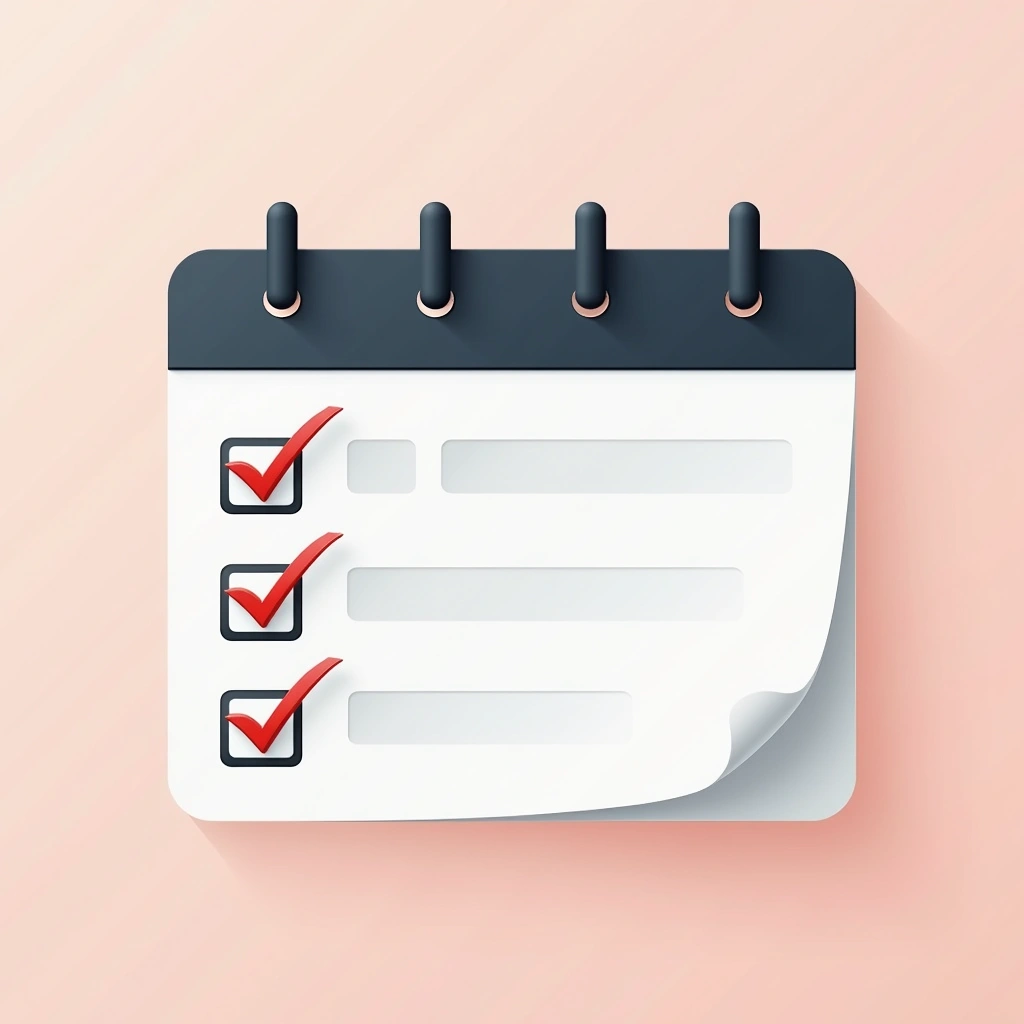
Code Every Day
Practice coding daily, even if just for 30 minutes, to strengthen your programming skills consistently. This habit creates a compound effect similar to saving money, where your skills gradually accumulate over time.
Why This Matters
According to daily.dev blog, regular coding practice is like daily exercise for athletes—it keeps your skills sharp and builds momentum. Developers who code daily see significant improvements over time through the power of compounding growth.

Participate in Code Reviews
Regularly give and receive feedback on code to improve quality and learn from others. Code reviews expose you to different approaches and help identify blind spots in your own work.
Why This Matters
The daily.dev blog emphasizes that participating in code reviews helps developers learn from others' feedback and perspectives. By examining others' code and receiving critiques on yours, you develop a more rounded skillset.

Prioritize Health Routines
Maintain regular exercise, balanced diet, and quality sleep to boost cognitive function and programming abilities. A healthy body directly contributes to mental clarity and problem-solving capacity.
Why This Matters
According to daily.dev, physical health directly impacts cognitive performance. Developers who prioritize their wellbeing experience improved focus, better problem-solving abilities, and greater stamina for tackling complex programming challenges.

Use Eisenhower Matrix
Categorize programming tasks by urgency and importance to focus on high-value work. This system helps you decide whether to do, schedule, delegate, or eliminate tasks.
Why This Matters
Highly productive software engineers use this matrix to avoid getting bogged down by minor distractions, according to javascript.plainenglish.io. By focusing on truly important tasks, developers ensure they're driving projects forward rather than just staying busy.

Practice Time Blocking
Divide your workday into dedicated chunks for specific programming tasks to maintain focus. This technique reduces context switching and creates protected time for deep work.
Why This Matters
According to javascript.plainenglish.io, highly productive software engineers make a habit of time-blocking their workday. By dedicating specific periods to particular tasks, they maximize their concentration and minimize distractions that fragment attention.

Use Pomodoro Technique
Code in short, focused bursts (typically 25 minutes) followed by brief breaks to maintain high productivity. This method prevents burnout while maximizing concentration during work periods.
Why This Matters
As mentioned in javascript.plainenglish.io, productive developers work in concentrated bursts with intentional breaks. The Pomodoro Technique helps engineers sustain mental energy throughout the day rather than exhausting themselves in extended sessions.

Write Readable Code
Focus on creating code that humans can easily understand through meaningful variable names, consistent indentation, and clarity. As Martin Fowler said, 'Good programmers write code that humans can understand.'
Why This Matters
According to Kevin on LinkedIn, readable code is the hallmark of a skilled developer. By prioritizing human understanding over computer efficiency, developers create maintainable codebases that support long-term project success and team collaboration.

Plan Before Coding
Define the problem and sketch out solutions before writing any code. This preliminary planning prevents missteps and enhances efficiency throughout the development process.
Why This Matters
Kevin on LinkedIn emphasizes that planning is essential before coding begins. By defining problems and outlining solutions first, developers avoid costly detours and create more effective implementations from the start.

Embrace Code Simplicity
Strive for straightforward solutions rather than complex implementations. Simple code is easier to understand, maintain, and troubleshoot over the long term.
Why This Matters
Kevin quotes Austin Freeman on LinkedIn: 'Simplicity is the soul of efficiency.' Developers who prioritize simplicity create code that's less prone to bugs, easier for team members to work with, and more adaptable to future requirements.

Break Tasks Down
Divide large programming challenges into smaller, manageable components. This approach enhances focus, enables better testing, and facilitates collaboration with team members.
Why This Matters
On LinkedIn, Kevin references Lao Tzu's wisdom that 'the journey of a thousand miles begins with one step.' Engineers who break down complex tasks find they can make consistent progress, test more effectively, and avoid feeling overwhelmed by project scope.
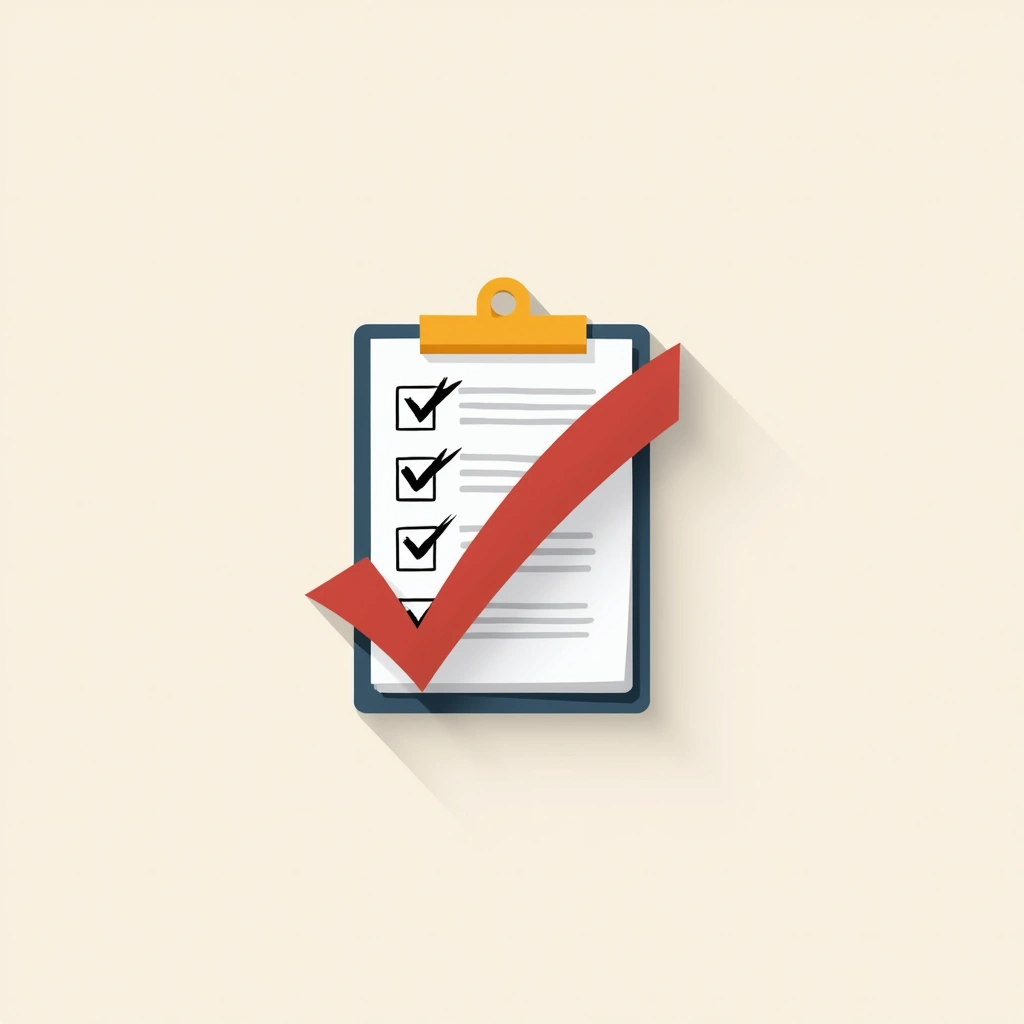
Test Early and Often
Integrate testing throughout the development process rather than leaving it until the end. Regular testing catches errors early, reduces debugging time, and prevents cascading issues.
Why This Matters
Kevin on LinkedIn quotes Edsger W. Dijkstra, noting that tests reveal bugs but never prove their absence. Proactive developers who test continuously produce more reliable code with fewer regressions and spend less time on painful debugging sessions.

Use Version Control
Embrace tools like Git to track changes, collaborate with others, and maintain code history. Version control provides safety nets for experimentation and facilitates team coordination.
Why This Matters
According to LinkedIn's article, version control is 'a developer's best friend.' Engineers who master these systems gain confidence to make changes, collaborate seamlessly with teammates, and recover quickly from mistakes without losing work.

Follow Coding Standards
Adhere to established formatting and style guidelines for your language or framework. Consistent standards make code more readable and maintainable for everyone on the team.
Why This Matters
Kevin's LinkedIn article quotes Cory House: 'Code is like humor. When you have to explain it, it's bad.' Developers who follow standards create predictable patterns that make codebases more approachable and eliminate unnecessary cognitive load for collaborators.

Document Your Code
Create clear documentation explaining your code's purpose, usage, and intricacies. Well-documented code becomes a valuable asset that remains useful even when original developers move on.
Why This Matters
The LinkedIn article by Kevin quotes Atli Björgvin Oddsson: 'Don't document the problem, document the solution!' Thoughtful documentation helps developers onboard team members, reference past work efficiently, and maintain institutional knowledge.

Pursue Continuous Learning
Stay updated with the latest programming trends, languages, and tools through dedicated study time. Technology evolves rapidly, and ongoing education keeps your skills relevant and competitive.
Why This Matters
Kevin's LinkedIn article quotes Stephen Hawking: 'The greatest enemy of knowledge is not ignorance, it is the illusion of knowledge.' Forward-thinking developers who commit to lifelong learning remain adaptable in changing technology landscapes and continue growing throughout their careers.

Review and Refactor
Regularly examine your code for improvement opportunities and implement refinements. This practice ensures your codebase remains efficient, maintainable, and aligned with evolving best practices.
Why This Matters
Kevin on LinkedIn references Ernest Hemingway's quote that 'the first draft of anything is garbage.' Disciplined developers know that initial solutions often need refinement, and scheduled refactoring prevents technical debt from accumulating to unmanageable levels.

Leave Work Unfinished
Intentionally stop coding just before completing a straightforward task to make restarting easier the next day. This technique provides a clear entry point that helps you quickly regain flow state.
Why This Matters
According to Engineers Codex, leaving work slightly unfinished helps you reach flow state more easily when you return. The author found that having a clear starting point eliminates the initial friction that often prevents developers from resuming productive work quickly.

Master IDE Shortcuts
Learn and regularly use keyboard shortcuts and advanced features of your development environment. Mastering your tools reduces context switching and frees mental capacity for solving actual problems.
Why This Matters
The article from hownot2code explains that each new hotkey or shortcut you learn has a compounding positive effect on coding speed. Rather than just saving seconds, proficiency with tools reduces context switching and preserves mental capacity for higher-level thinking about code.

Read Error Messages
Take time to thoroughly understand error messages rather than making assumptions about problems. Carefully analyzing errors provides crucial information that speeds up debugging and prevents recurring issues.
Why This Matters
According to hownot2code, developers often assume they know what's wrong without reading error messages carefully. Taking time to gather information from errors saves more time in the long run by addressing root causes rather than symptoms.
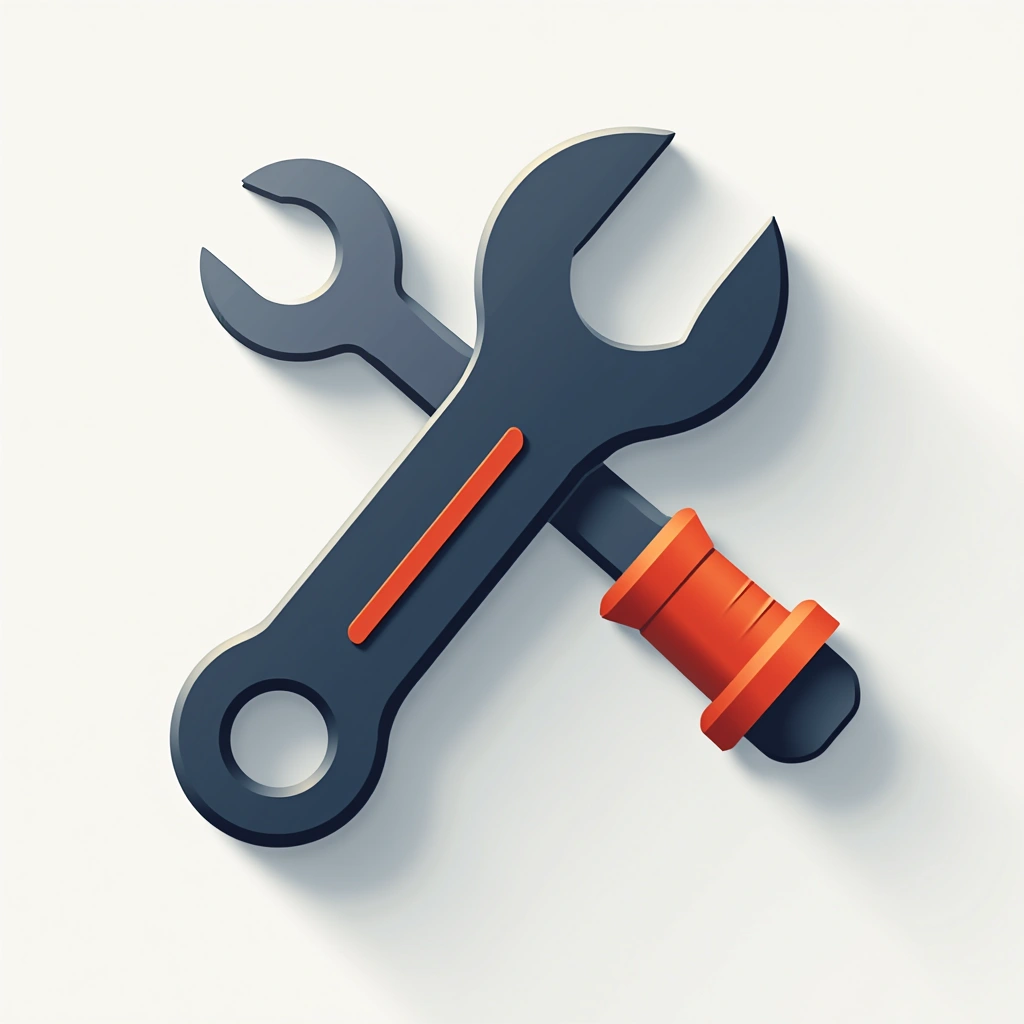
Use Configurable Values
Make values configurable instead of hardcoding them directly into your program. This practice separates moving parts from stable code and makes applications more adaptable to change.
Why This Matters
The hownot2code article warns that technical debt grows rapidly when you don't separate the moving pieces from the rest of your work. Using constants and configuration files prepares your code for inevitable changes and reduces future maintenance costs.

Avoid Reinventing Wheels
Leverage existing libraries and solutions instead of writing everything from scratch. This approach saves time, reduces bugs, and lets you focus on the unique aspects of your problem.
Why This Matters
The article from hownot2code advises not to write code you don't need to. Recognizing when someone else has already solved your problem well allows you to benefit from their testing and experience rather than repeating their journey unnecessarily.
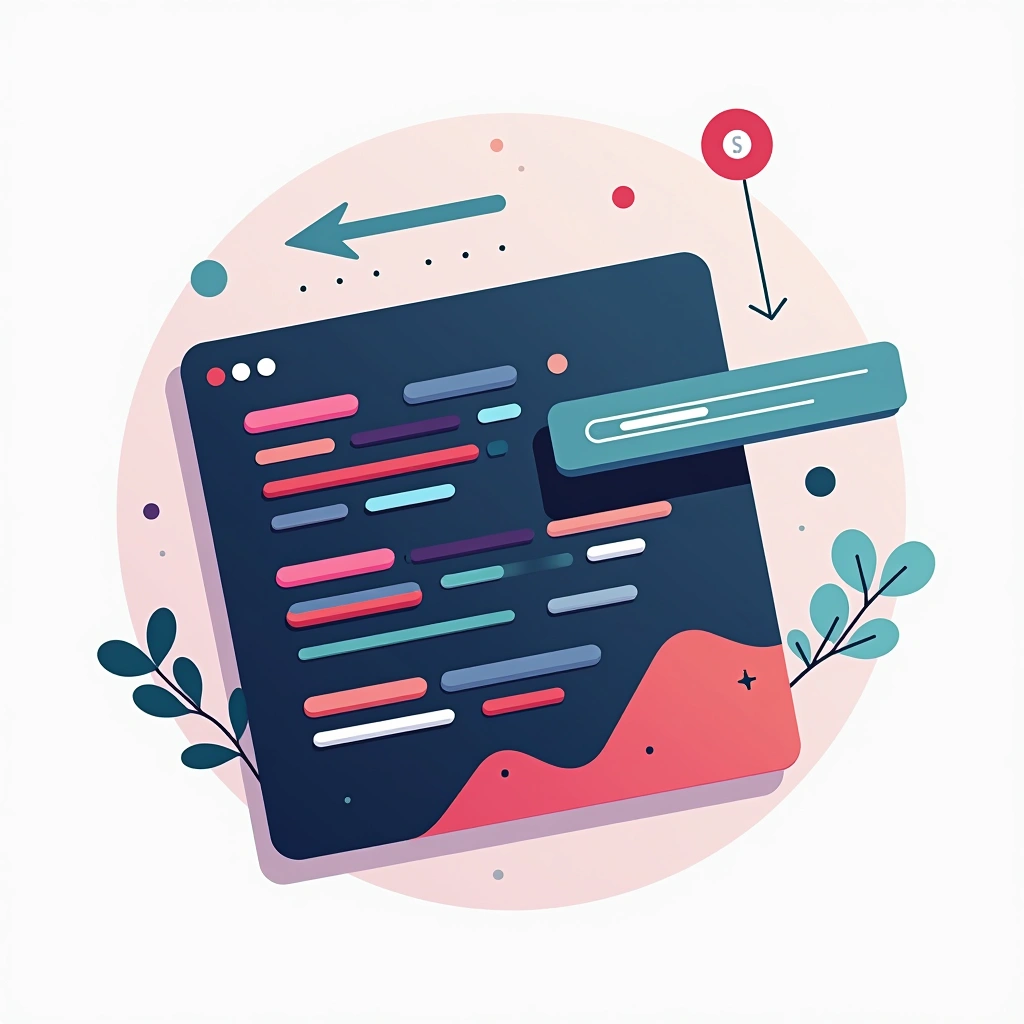
Understand Before Reusing
Thoroughly comprehend code before copy-pasting or adapting it for your needs. Understanding the full functionality prevents unexpected side effects and deepens your knowledge simultaneously.
Why This Matters
The hownot2code article cautions against blindly copying and pasting code without understanding it. Taking time to read and understand code before reuse helps you learn more about the problem domain and avoid introducing subtle bugs.

Learn Fundamentals Deeply
Take time to understand how things work under the hood rather than just using high-level abstractions. Deep knowledge of fundamentals makes you more effective at troubleshooting and optimizing code.
Why This Matters
According to hownot2code, developers should take opportunities to expand knowledge by thinking about how things work underneath. While learning fundamentals may seem time-consuming initially, this knowledge becomes more valuable long-term than simply completing projects.

Use TODO Comments
Add structured TODO comments for small issues instead of postponing fixes indefinitely. This practice creates a traceable record of needed improvements that might otherwise be forgotten.
Why This Matters
The hownot2code article notes that postponing code fixes isn't just about priorities—it's also about tracking smaller issues. Adding TODO comments provides a quick way to ensure you don't miss anything while maintaining momentum on your current task.

Prioritize Code Readability
Focus on making code accessible rather than clever or concise. Readable code prioritizes long-term maintainability over short-term demonstrations of technical prowess.
Why This Matters
The hownot2code article warns against the common trait of being obsessive about writing efficient, elegant one-liners. While solving the puzzle of condensing code can be satisfying, readability is generally the more important outcome for long-term project health.

Choose Appropriate Tools
Select the best tool for each specific task rather than sticking with familiar favorites. Different programming challenges often require different editors, languages, or frameworks for optimal results.
Why This Matters
The hownot2code article cautions against romanticizing your developer toolkit. While you might love a particular editor or command line tool, recognizing when it's not the best option for a specific task is crucial for professional effectiveness.

Verify Requirements Thoroughly
Spend extra time reviewing and understanding requirements before starting to code. This front-loaded effort significantly reduces rework by ensuring you're solving the right problem from the beginning.
Why This Matters
Bryce Dooley emphasizes that nothing wastes time more than working on the wrong thing. By taking extra time to review requirements thoroughly, developers can drastically reduce the amount of rework needed on a given task.

Design Before Implementation
Create a clear design plan before writing code, whether for new projects or additions to existing codebases. Following a coherent design prevents corner cases and aligns with established patterns.
Why This Matters
Bryce Dooley warns against jumping straight into coding without design. Without planning, developers must rely on inefficient trial and error, often resulting in excess troubleshooting and work that contradicts established patterns.

Master Learning Techniques
Develop effective strategies for acquiring new programming knowledge rather than focusing only on technologies themselves. Meta-learning skills enable faster acquisition of any technical skill you'll need throughout your career.
Why This Matters
Amy Haddad emphasizes that learning how to learn effectively should be the first habit for programmers. Her own journey underscores how this skill becomes increasingly valuable as your programming career progresses and the learning never ends.
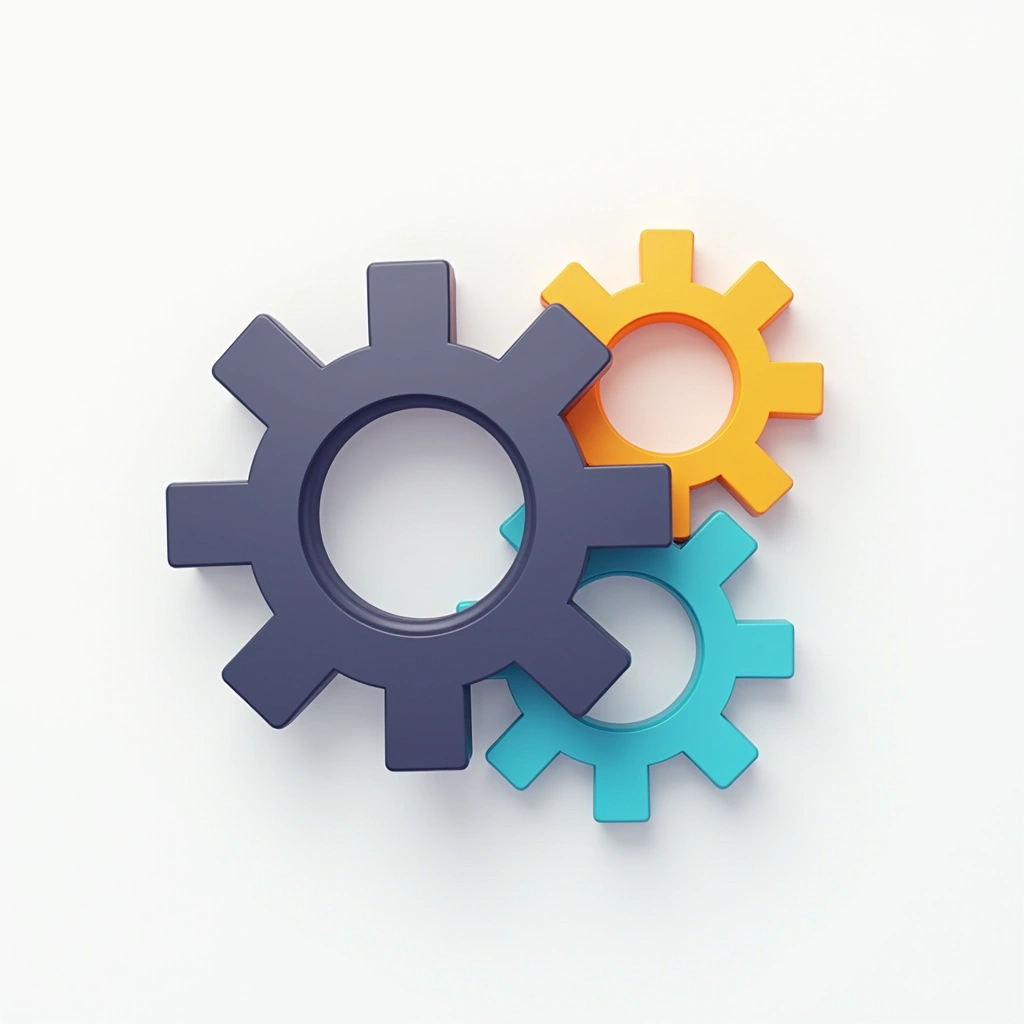
Improve Collaboration Skills
Develop effective communication and teamwork capabilities for programming projects. Strong collaboration enhances project outcomes by leveraging collective intelligence and preventing misalignments.
Why This Matters
According to daily.dev, effective communication and teamwork significantly enhance project outcomes. Developers who prioritize collaboration skills can navigate team dynamics successfully and integrate their work seamlessly with others.
Key Takeaways for Developer Growth
These developer daily habits offer a comprehensive approach to improving as a software engineer. By focusing on key areas, you can significantly enhance your skills and overall well-being.
- Consistent Practice: Code Every Day and Test Early and Often to reinforce skills and catch errors early.
- Efficient Workflow: Use Eisenhower Matrix, Practice Time Blocking, and Pomodoro Technique to manage tasks and maintain focus.
- Code Quality: Write Readable Code, Embrace Code Simplicity, and Follow Coding Standards for maintainable and collaborative code.
- Proactive Planning: Plan Before Coding, Design Before Implementation, and Verify Requirements Thoroughly to prevent rework and ensure effective solutions.
- Continuous Improvement: Pursue Continuous Learning, Review and Refactor, and Master Learning Techniques to stay relevant and improve codebase quality.
- Personal Well-being: Prioritize Health Routines and Improve Collaboration Skills for better cognitive function and team dynamics.
Integrate these developer daily habits into your routine and witness a transformative journey towards coding excellence and balanced well-being.
